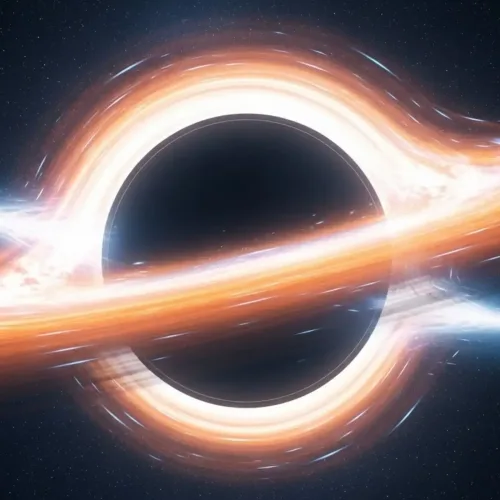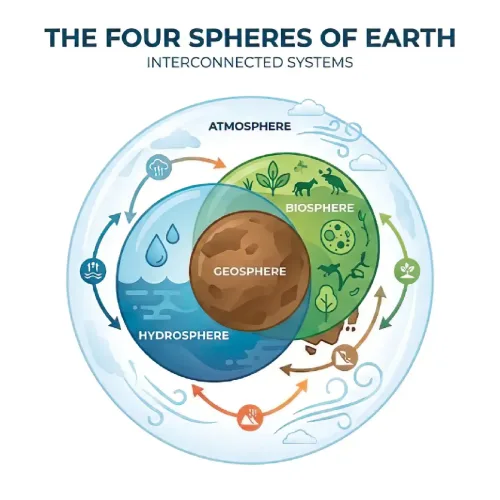Imagine a universe where invisible matter shapes galaxies. Dark matter, which makes up about 85% of all matter in the universe, provides the overlooked foundation for galaxy formation. It exerts gravitational forces that pull in ordinary matter, forming stars and galaxies. As a result, without dark matter, galaxies would lack the gravitational force to hold themselves together.
Invisible Hand of Dark Matter
Dark matter creates massive halos through its strong gravitational force, which acts as the cosmic cradle for galaxies. These halos draw in ordinary matter, shaping it into the stunning spiral and elliptical galaxies we see today. Without the gravitational pull of dark matter, the universe would look radically different.
Studying dark matter directly poses challenges due to its invisible nature. However, scientists detect its presence using clever methods. They see stars and gas within galaxies moving faster than expected, indicating more than visible matter alone. This extra motion points to dark matter, providing the additional gravitational force needed to explain these observations.
How Dark Matter Influences Galaxy Formation

Dark matter serves as the scaffolding on which galaxies are formed. Its gravitational pull attracts ordinary matter, forming galaxies. Without dark matter, galaxies wouldn’t have enough gravitational glue to hold themselves together. Here’s how it happens:
- Initial clumping: Dark matter particles, moving at high speeds, collide together due to their gravitational attraction. These clumps, or halos, become the seeds of future galaxies.
- Attraction of Byronic Matter: Simple matter composed of protons, neutrons, and electrons comes in these dark matter halos. This material cools and condenses, creating stars and galaxies.
- Formation of galactic structures: Over time, these structures become larger through mergers and accretion of more matter. This growth allows us to observe a diverse range of galaxies today.
Evidence supporting the role of dark matter
Several lines of evidence highlight the importance of dark matter in galaxy formation:
1. Rotation Curves
Observations of galaxy rotation curves show that the outer regions of galaxies rotate much faster. This cannot be explained by visible matter alone. This discrepancy suggests the presence of dark matter.
2. Cosmic Microwave Background (CMB)
CMB radiation is the subsequent brightness of the Big Bang. It reveals patterns. These patterns can only be explained by the influence of dark matter during the early universe.
3. Large Scale Structure
The distribution of galaxies across the universe follows a pattern. This pattern aligns with the dark matter model. It further validates the model’s role in galaxy formation.
Interaction Between Dark Matter and Visible Matter
The interaction between dark matter and ordinary matter is subtle but profound. While dark matter does not interact with electromagnetic forces, it does shape the universe through gravity. This can be seen in regard:
- Galaxy Cluster: These massive structures are bound together by dark matter. Visible matter only makes up a small fraction of their total mass.
- Gravitational lending: Dark matter diverts light from distant objects. This allows astronomers to map its distribution. They can also study its effects on galaxy formation.
Ongoing research and future discoveries
Our tools and techniques are improving. As a result, we better understand the nature of dark matter. We also explore its role in shaping the universe. Advanced computer simulations allow scientists to model galaxy formation under different dark matter scenarios. Meanwhile, new observatories and experiments try to directly detect dark matter particles or observe their effects with unprecedented accuracy.
Conclusion
Dark matter is one of the most intriguing components of the universe. It plays a key role in the formation and evolution of galaxies. Its gravitational influence serves as the overlooking architect of the universe, guiding the construction of the structures we observe today. As research continues, we get closer to unveiling the true nature of this mysterious substance. This progress deepens our understanding of the universe.
FAQs about Dark Matter Galaxy Formation
Dark matter is a form of matter that doesn’t emit, absorb, or reflect light, but whose gravitational effects we observe (for example via flat rotation curves of spiral galaxies). In galaxy formation, dark matter creates the gravitational “scaffolding” in which ordinary matter (gas, dust) can accumulate, collapse and form stars and galaxies.
Early in the universe, dark matter clumped first because it didn’t interact with radiation the way normal matter did. These clumps created potential wells into which gas could fall, cool, and form stars and galaxies. Without dark matter, galaxy formation as we observe it would be much harder to explain.
A dark matter halo is the roughly spherical, extended region of dark matter surrounding the visible part of a galaxy (stars, gas, dust). Because dark matter doesn’t interact electromagnetically, it doesn’t collapse into thin disks like visible matter — it remains in a halo shape. This halo plays a key role in shaping the galaxy’s rotation, stability, and evolution.
There are a few candidate galaxies (for example ultra‑diffuse galaxies) that appear to have much less dark matter than expected. These outliers raise important questions about how universal the dark‑matter paradigm is in galaxy formation. They don’t yet overturn the standard model, but they highlight interesting edge‑cases.
Recommended Resources for Curious Minds
If you’d like to dig deeper into how dark matter underpins the cosmos, here are some excellent books worth your time.
- Cosmic Queries by Neil Degrasse Tyson
- SPACE FACTS FOR CURIOUS MINDS by PANTHEON SPACE ACADEMY
- The Dark Matter Problem: A Historical Perspective by Robert H. Sanders
- The Cosmic Cocktail: Three Parts Dark Matter by Katherine Freese




